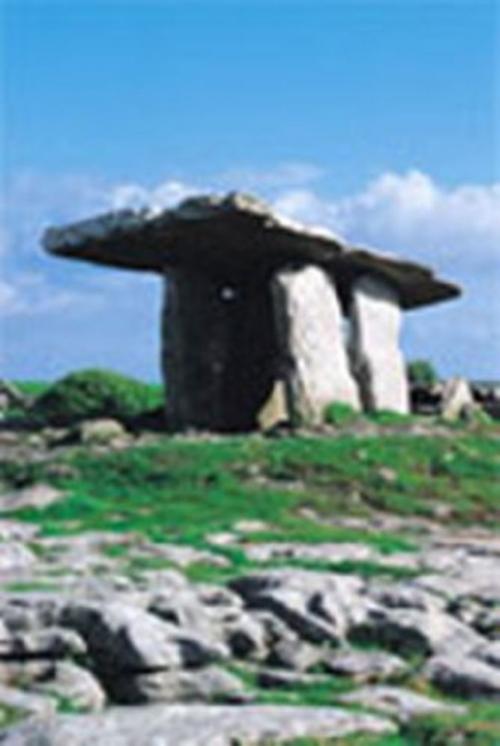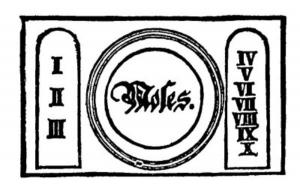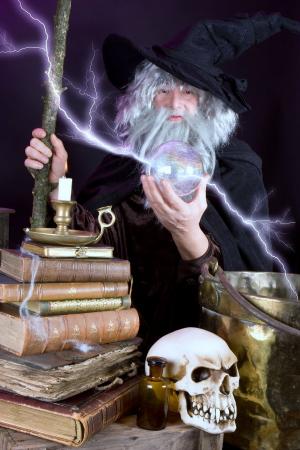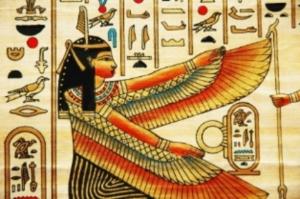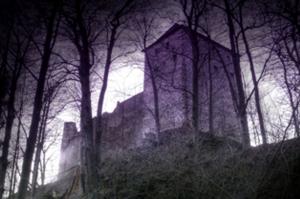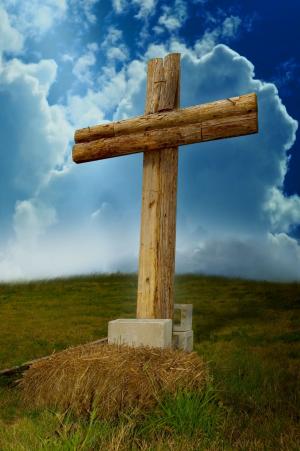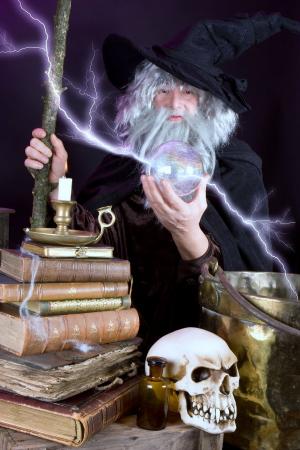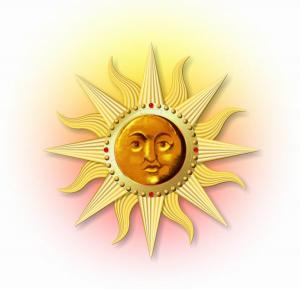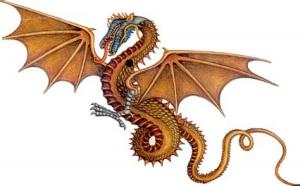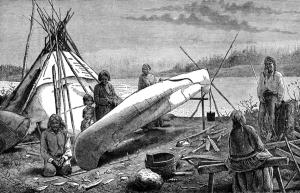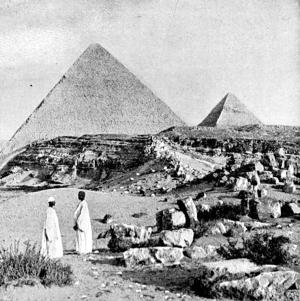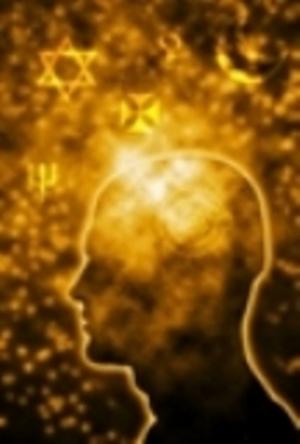Celtic Legends
Nonfiction, Religion & Spirituality, Philosophy, Methodology, History, Ireland, Science Fiction & Fantasy, Historical| Author: | Peter Berresford Ellis | ISBN: | 9781613920541 |
| Publisher: | Body and Soul Publications | Publication: | March 18, 2013 |
| Imprint: | Language: | English |
| Author: | Peter Berresford Ellis |
| ISBN: | 9781613920541 |
| Publisher: | Body and Soul Publications |
| Publication: | March 18, 2013 |
| Imprint: | |
| Language: | English |
The Story of the Tuatha De Danaan and of the Fianna of Ireland
Danu is a goddess, but she is not mentioned very often in the Celtic pantheon. It is odd that a whole race of people are named after a goddess who plays little in their mythos. You also can not consider the Goddess Danu as a Mother Goddess because the Irish Celtic people did not have this concept.
It is also important to note that the Celtic people considered their deities as another life form, no more 'higher' or 'better' than themselves or their families. The words 'god' and 'goddess' therefore have a whole different meaning to them as it does to us. They were not worshipped in the same sense as we use the word. They respected and admired them not because they were divine but rather because they could do things that humans could not.
The Tuatha De Danann were also not considered immortal, they lived by the same physical laws as the Celts which included death. This is something that is very different, while nearly every other culture viewed their deities as superior and immortal the Irish Celts did not and must be kept in mind while studing them.
If we look at 'Tuatha De Danann' it is usually translated as The People of the Goddess Danu. Tuatha is People in the sense of a whole race. The Celtic people associated their gods and goddesses with various skills and abilities. A very big association with Danu is craftsmanship. Often in the legends the deity's name is interchangable with his or her skill, and by that we could come up with...
Tuatha De Danann as 'The People of Craftsmanship' or 'The Artistic People'. Which gives a better discription of them. The Tuatha De Danann were ordinary folk of the world, and it was used to define country people or common folk, like us, from the gentry of that day.
The root of Tuatha also means North. In the Irish Celtic mythos north is considered to be the source of all power. The Tuatha De Danann came from the North, here in the north they studied all the arts. The common people, the whole race, studied all the magical and powerful arts in the northern islands of the world.
*** For more titles like this one, type into the search field: Body and Soul Publications ***.
The Story of the Tuatha De Danaan and of the Fianna of Ireland
Danu is a goddess, but she is not mentioned very often in the Celtic pantheon. It is odd that a whole race of people are named after a goddess who plays little in their mythos. You also can not consider the Goddess Danu as a Mother Goddess because the Irish Celtic people did not have this concept.
It is also important to note that the Celtic people considered their deities as another life form, no more 'higher' or 'better' than themselves or their families. The words 'god' and 'goddess' therefore have a whole different meaning to them as it does to us. They were not worshipped in the same sense as we use the word. They respected and admired them not because they were divine but rather because they could do things that humans could not.
The Tuatha De Danann were also not considered immortal, they lived by the same physical laws as the Celts which included death. This is something that is very different, while nearly every other culture viewed their deities as superior and immortal the Irish Celts did not and must be kept in mind while studing them.
If we look at 'Tuatha De Danann' it is usually translated as The People of the Goddess Danu. Tuatha is People in the sense of a whole race. The Celtic people associated their gods and goddesses with various skills and abilities. A very big association with Danu is craftsmanship. Often in the legends the deity's name is interchangable with his or her skill, and by that we could come up with...
Tuatha De Danann as 'The People of Craftsmanship' or 'The Artistic People'. Which gives a better discription of them. The Tuatha De Danann were ordinary folk of the world, and it was used to define country people or common folk, like us, from the gentry of that day.
The root of Tuatha also means North. In the Irish Celtic mythos north is considered to be the source of all power. The Tuatha De Danann came from the North, here in the north they studied all the arts. The common people, the whole race, studied all the magical and powerful arts in the northern islands of the world.
*** For more titles like this one, type into the search field: Body and Soul Publications ***.
